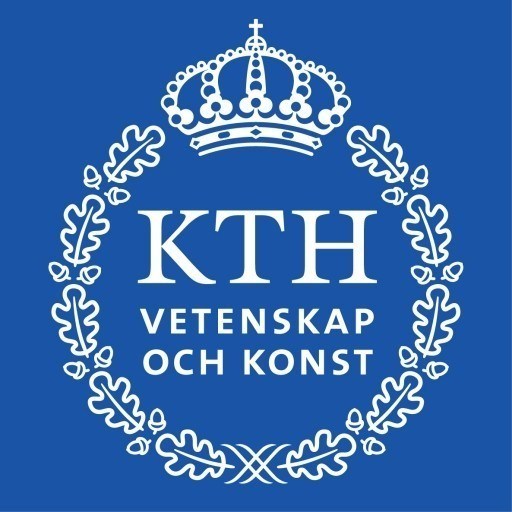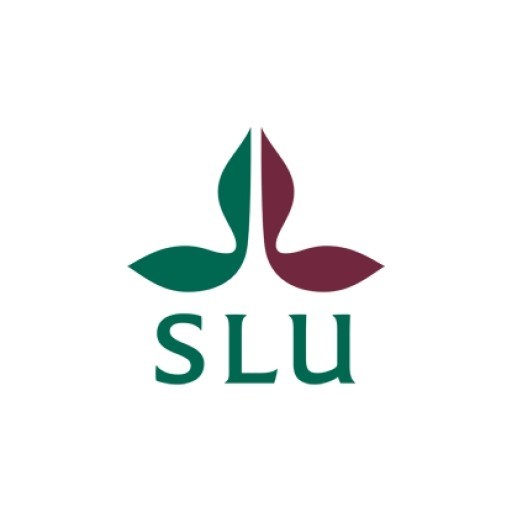Photos of university
The Bachelor’s Programme in Computer Science at KTH Royal Institute of Technology offers a comprehensive education designed to prepare students for a dynamic and rapidly evolving field. This three-year undergraduate program provides a strong foundation in core concepts of computer science, including programming, algorithms, data structures, software development, and systems analysis. Students will learn to design, develop, and evaluate software solutions to a variety of technical challenges, gaining practical skills in programming languages such as Java, Python, and C++, as well as knowledge of operating systems, databases, and networking.
The curriculum emphasizes both theoretical understanding and practical application, ensuring graduates are well-equipped to meet industry demands or continue their studies at the advanced level. In addition to technical courses, students will develop problem-solving skills, analytical thinking, and the ability to work effectively within teams. Emphasizing innovation and creativity, the program encourages students to participate in project work, hackathons, and research initiatives, fostering a hands-on learning environment.
Throughout the program, students have access to state-of-the-art laboratories and resources at KTH, including collaborations with industry partners that provide real-world project experience. The program also includes courses on the social and ethical aspects of technology, preparing students to consider the societal impacts of their work. Graduates of the program are prepared for careers in software development, IT consultancy, system analysis, and research, or for further academic studies in computer science or related fields.
KTH’s vibrant academic community and its strategic location in Stockholm offer students unique opportunities for networking, internships, and participation in cutting-edge technological research. Graduates leave the program with a solid theoretical background, practical skills, and a global perspective, enabling them to thrive in various sectors of the digital economy. Whether aiming to innovate in startups or excel in large multinational corporations, students gain the knowledge, skills, and confidence to succeed in their professional careers or to pursue postgraduate education in computer science or related disciplines.
Year 1 and 2
The fall of study year 1 includes four compulsory courses.
For the spring semester the student chooses a track and during the spring semester of study year 1 and fall semester of study year 2 the student takes courses from the chosen track of at least 30 credits.
Year 1
Mandatory courses for all specialisations
- Introduction to the Philosophy of Science and Research Methodology for Computer Scientists 6.0 credits
- Program Integrating Course in Computer Science 2.0 credits
- Artificial Intelligence 6.0 credits
- Computer Security 6.0 credits
- Advanced Algorithms 6.0 credits
- Protocols and Principles of the Internet 6.0 credits
Year 2
Mandatory courses for all specialisations
- Degree Project in Computer Science and Communication, Second Cycle 30.0 credits
- Degree Project in Computer Science and Communication, Second Cycle 30.0 credits
- Program Integrating Course in Computer Science 2.0 credits
Requirements
- A completed Bachelor's degree, corresponding to a Swedish Bachelor's degree (180 ECTS credits), or equivalent academic qualifications from an internationally recognised university.
- Students in their final year of undergraduate education may apply to KTH and, if qualified, receive conditional acceptance. If you have not yet completed your studies, please include a written statement issued by the degree awarding university. This statement must be certified and stamped by the Academic Registrar's Office, the Examinations Office or equivalent of the institution. Statements from other staff members, such as faculty members, will not be accepted.
- Students who are following longer technical programmes, and have completed courses equivalent to a Bachelor´s degree (180 ECTS credits), will be considered on a case-by-case basis.
- Cover sheet (generated from the web-based application). However, if you have a Swedish personal ID number or if you choose to upload your documents, the cover sheet is not required.
- Certificates and diplomas from previous education at an internationally recognised university.
- Transcripts of records (including course list). All courses taken and grades must be included. Sort them in reverse chronological order, i.e. put the last received document on top.
- Proof of English proficiency.
- A copy of your passport or some other document of identification. If you are from an EU/EEA country or Switzerland and are required to document your citizenship status in order to be considered exempt from paying application and tuition fees, your passport copy must be certified. If you are not a citizen of an EU/EEA country or Switzerland, certification of your passport copy is not required.
- Curriculum Vitae
- Letter of Motivation
- Letters of recommendation
- IELTS A minimum overall mark of 6.5, with no section lower than 5.5 (only Academic Training accepted).
- TOEFL Paper-based test: total result of 575 (written test, minimum grade 4.5)
- TOEFL Internet-based test: total result of 90 (written test, minimum grade 20)
A Bachelor’s degree of 180 ECTS credits, or equivalent, including courses in:
- Mathematics: three different subjects of a total of 22,5 credits. Among those subjects there must be one course in one-variable calculus, one course in linear algebra and one course in discrete structures.
- Computer Science/Information Technology: three different subjects of a total of 22,5 credits. Among those subjects there must be one course in object oriented programming, one course in algorithms and data structures and one course in computational complexity.
- A course in multivariate analysis is required to follow the tracks Data analysis, Cognitive systems and Scientific computing.
- The specific requirements may be considered as not fulfilled if the applicant's average grades are in the lower third of the grading scale of the applicant´s graduate university (over the approved level).
Scholarships
- KTH Scholarship
- Russian Presidency Scholarship for Abroad Studies
The Master's Programme in Computer Science at KTH Royal Institute of Technology is a comprehensive and innovative program designed to prepare students for advanced careers in the rapidly evolving field of computing. The program offers a solid foundation in core areas such as algorithms, programming, computer architecture, and software engineering, while also providing opportunities for specialization in areas like artificial intelligence, data science, cybersecurity, computer graphics, and distributed systems. Students have the flexibility to tailor their studies according to their interests and career aspirations through elective courses and project work.
KTH emphasizes both theoretical understanding and practical skills, ensuring graduates are well-equipped for research, development, and industry roles. The program includes coursework, projects, and coordinated collaboration with industry partners, fostering a close connection to real-world applications. Students also engage in independent research projects, often collaborating with faculty on current research topics, which prepares them for doctoral studies or professional advancement.
The program is conducted in English and attracts students from around the world, creating a diverse and multicultural learning environment. The duration of the program is typically two years, culminating in a Master's degree in Computer Science. The program also offers opportunities for exchange studies within KTH's extensive international network of partner universities, enhancing intercultural competence and global outlook.
Graduates of the program are highly sought after by tech companies, startups, research institutions, and governmental agencies. They gain critical skills in problem-solving, innovation, and teamwork, making them adaptable to various roles in the technology sector. The program also provides a strong foundation for those wishing to pursue a PhD, as it incorporates research methodology and encourages scholarly activity. Overall, the Master's Programme in Computer Science at KTH aims to develop innovative thinkers capable of leading advancements in computing technology and contributing significantly to society.







